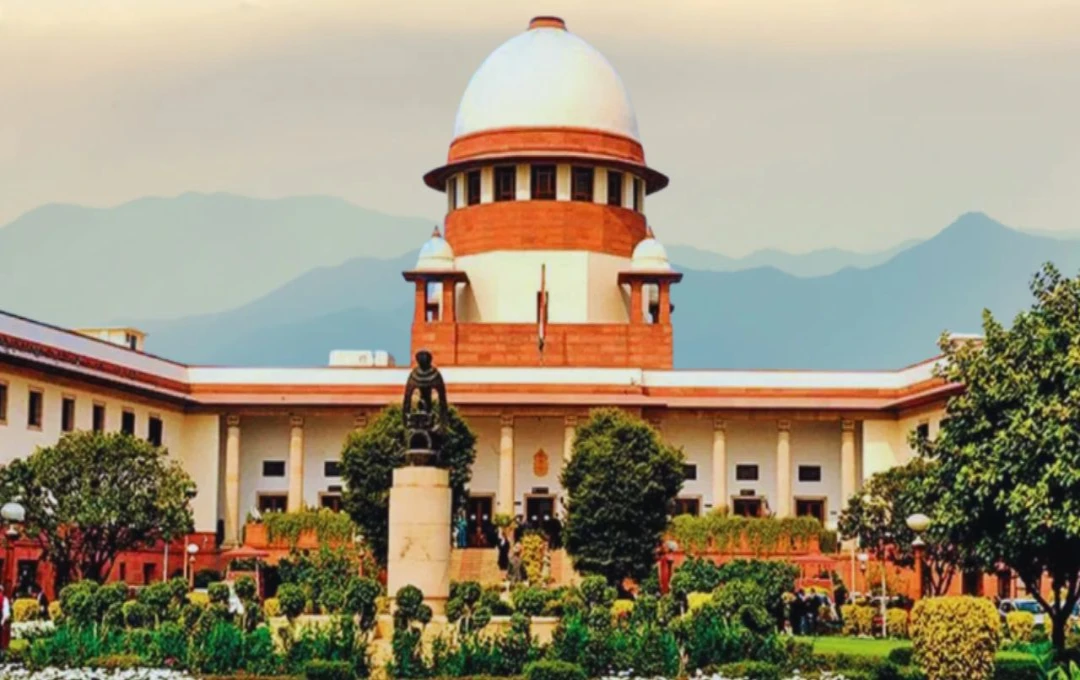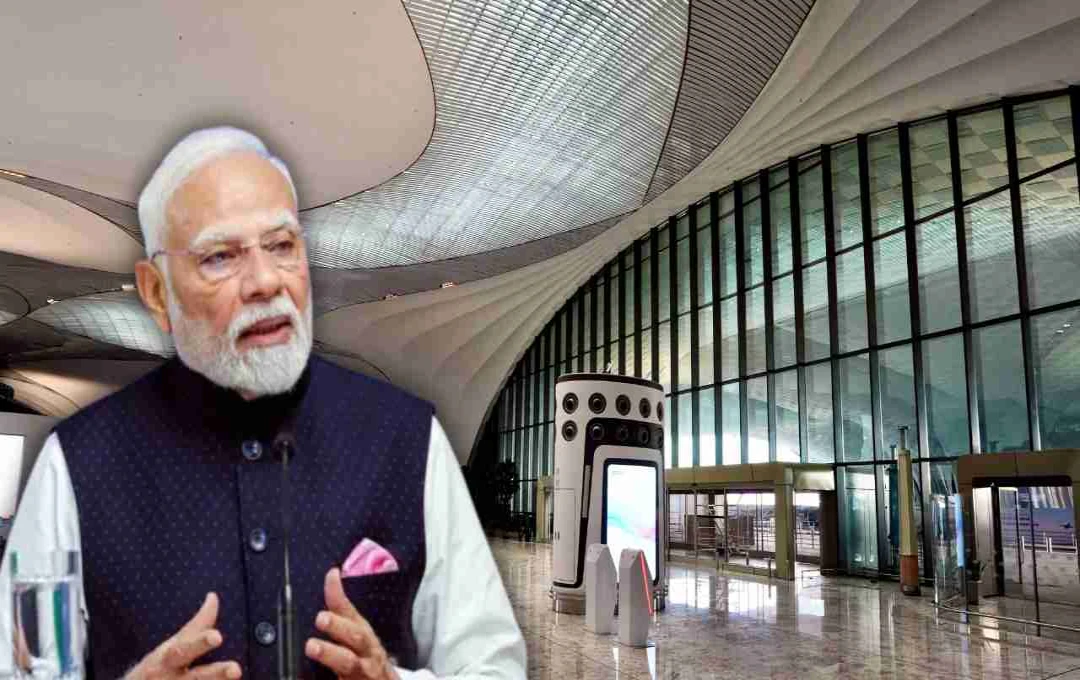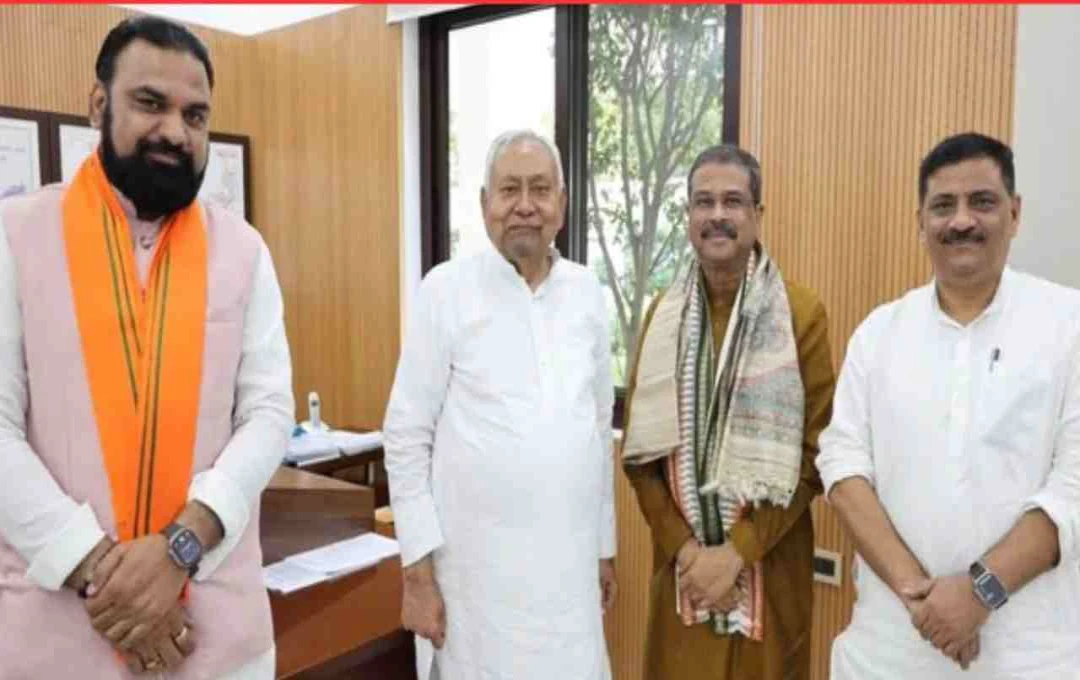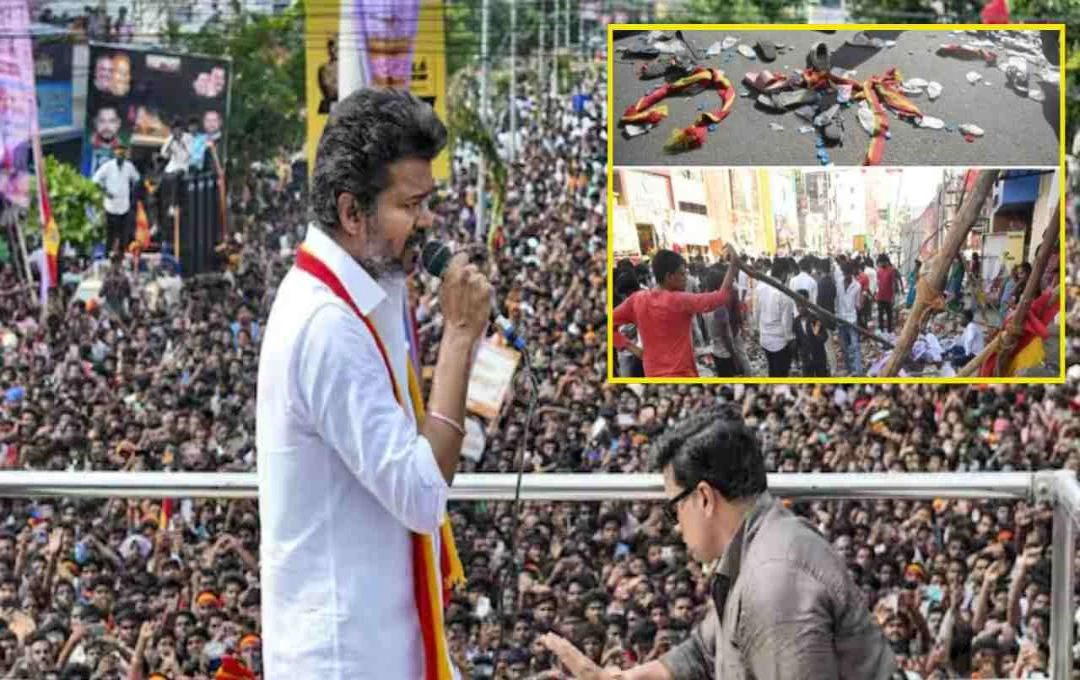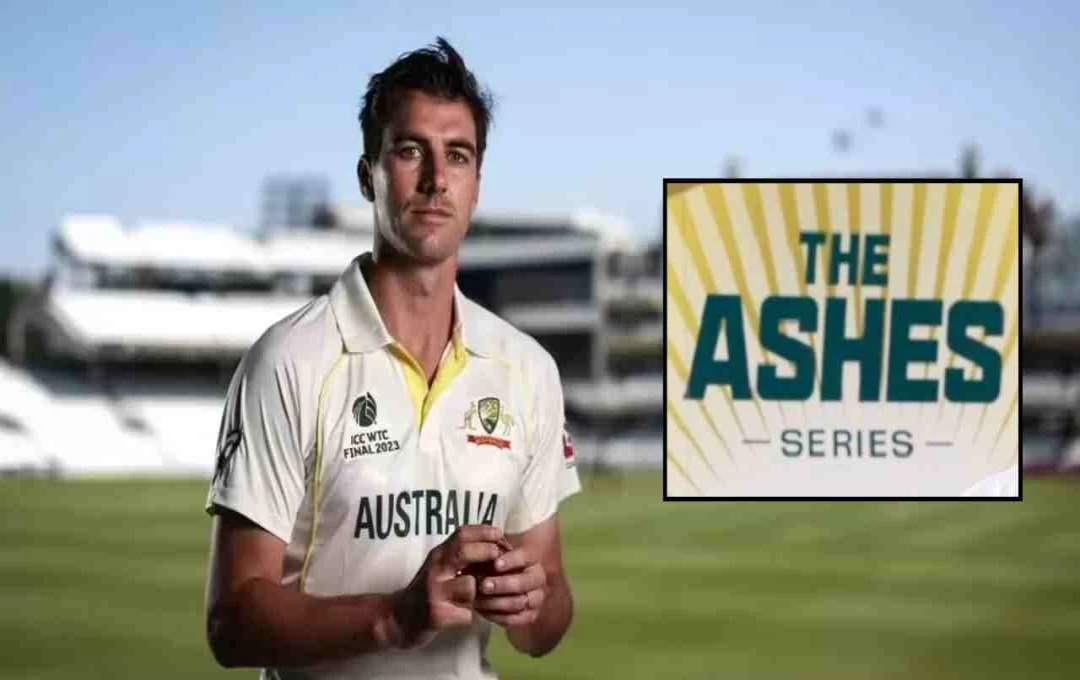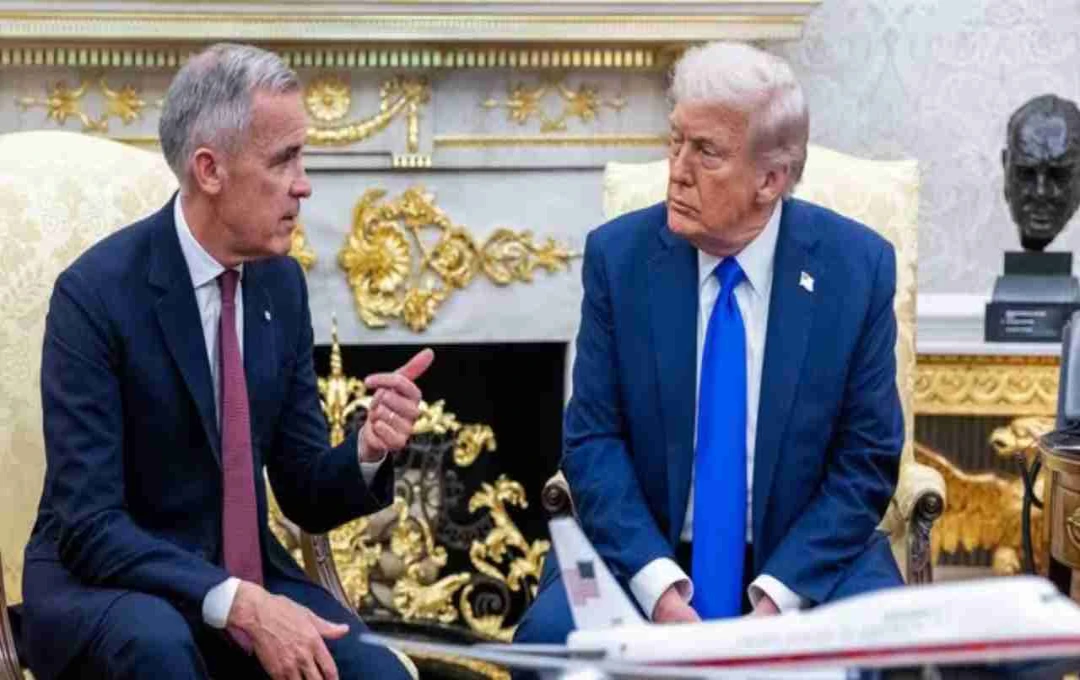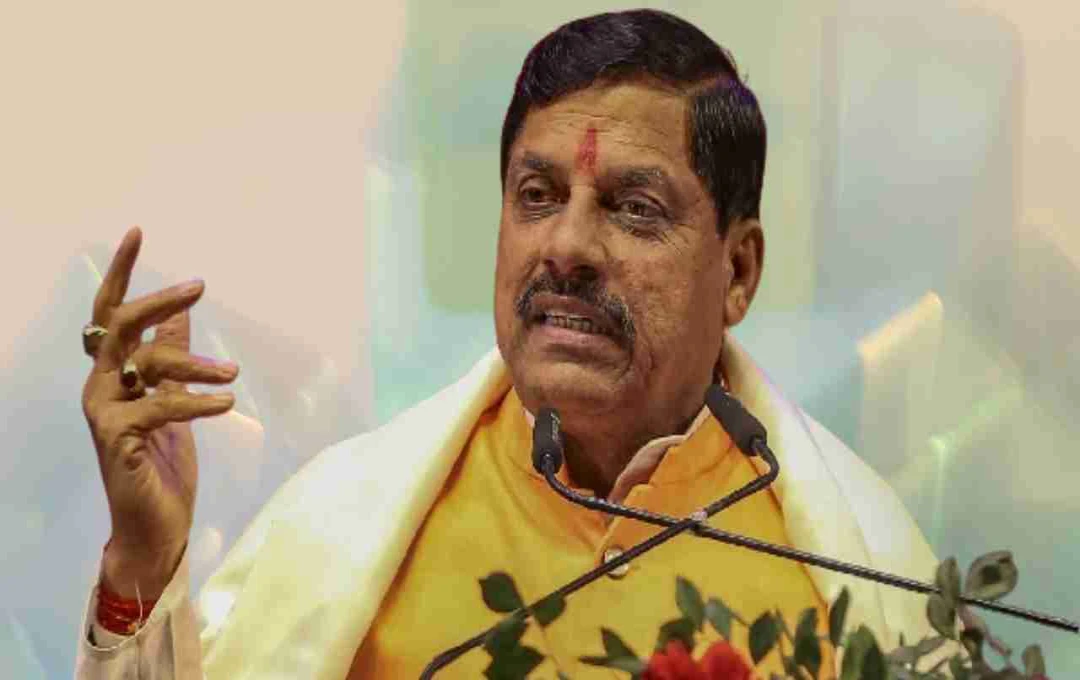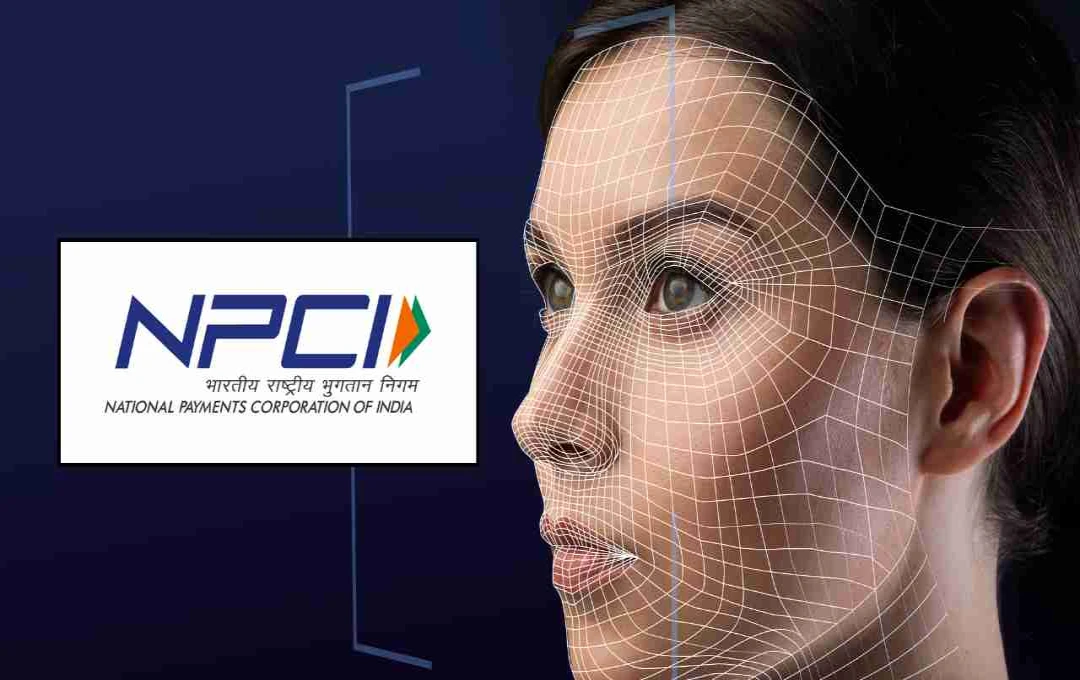The Supreme Court expressed concern over the inaction of governors and asked the Center whether the courts would become powerless if constitutional functionaries did not act. A Constitution Bench headed by Chief Justice Gavai discussed the balance between judicial intervention and political solutions in this matter.
New Delhi: A five-judge Constitution Bench headed by Chief Justice B.R. Gavai on Thursday questioned the Center whether the courts would become powerless if governors or other constitutional functionaries did not act without reason or did not act on bills. This hearing relates to a Presidential reference in which the court is considering the constitutional power to set a time limit for governors and the President to act on bills passed by the assemblies. Solicitor General Tushar Mehta emphasized a political solution.
Supreme Court Asks Center About Governors' Inaction
The Supreme Court on Thursday raised this question to the Center, asking whether the courts would be helpless if constitutional functionaries such as governors refused to fulfill their responsibilities or did not act on bills passed by the state legislature. A five-judge Constitution Bench headed by Chief Justice B.R. Gavai made the observation when Solicitor General Tushar Mehta said that seeking a political solution should be the priority in such cases.
The bench also said that if there is a problem, it should be resolved, and the court, being the guardian of the Constitution, can intervene.
Hearing of Presidential Reference in Supreme Court
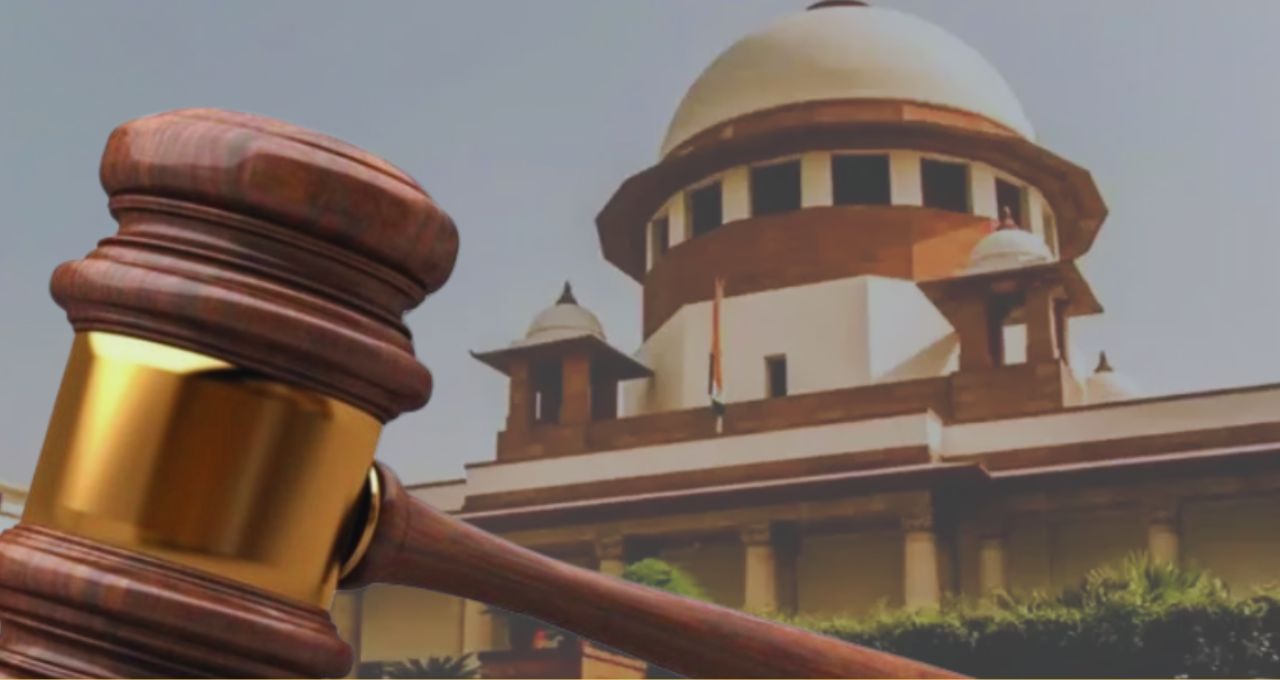
The bench also includes Justices Surya Kant, Justice Vikram Nath, Justice P.S. Narasimha, and Justice A.S. Chandurkar. This hearing is related to a presidential reference, which raises the question of whether the court can set a time limit for governors and the President to act on bills passed by the assemblies.
The Supreme Court clarified that if constitutional functionaries remain inactive, a judicial solution is necessary. The court said that political negotiations alone cannot be the solution.
Solicitor General Said: First Negotiation, Then Court
Solicitor General Tushar Mehta told the bench that not all problems can have a judicial solution. He said that in a democracy, the process of negotiation and political agreement comes first. Many times, disputes are resolved through delegations between the Chief Minister, Governor, Prime Minister, and President.
He also said that this practice has been followed for many decades and helps in resolving deadlocks.
Court Emphasized Protection of Constitution and Law
Chief Justice Gavai said, 'If something wrong has happened, it should be resolved. The court will interpret the Constitution accurately.' Justice Narasimha also raised the question of how the Constitution would be enforced if the court said that we cannot intervene.
The bench's stance makes it clear that the court will pay full attention to the inaction of constitutional functionaries, and political solutions will not be considered sufficient.
